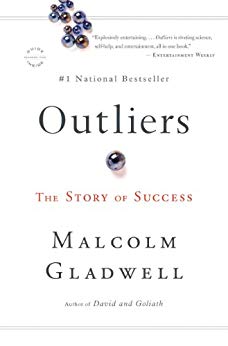

This article is an excerpt from the Shortform summary of "Outliers" by Malcolm Gladwell. Shortform has the world's best summaries of books you should be reading.
Like this article? Sign up for a free trial here .
IQ and intelligence are one thing. But how you apply this power is just as important. There are two types of thinking – convergent thinking, and divergent thinking. Which one is better? Which one leads to more long-term success? Learn more about divergent vs convergent thinking.
Convergent vs Divergent Thinking
Gladwell argues there are two types of thinking:
- Convergent thinking happens when you choose an answer from a list of possibilities. This is the kind of thinking measured by IQ tests.
- Divergent thinking is the ability to consider multiple possibilities and think creatively.
While convergent thinking is the type most often measured by grades and test scores, Gladwell argues that beyond a certain point of intelligence, divergent thinking is more important for success.
What is divergent thinking? A test of divergent thinking might ask: “How many uses can you think of for a brick?”
Here is an answer from a student who excels in divergent thinking:
- “To smash a store window in a protest. To build a cathedral. To tie down birthday balloons…”
Here is an answer from a student with one of the highest IQs in his school:
- “Building things, throwing.”
The second student might have a higher intelligence through certain tests, but the first demonstrates creativity beyond the functional. He’s the more likely of the two to win a Nobel Prize or found a revolutionary business. This is the power of divergent vs convergent thinking.
(Shortform note: Gladwell isn’t explicit about tying this into the book’s themes of external factors influencing success. We take this section as a suggestion that schools and employers may have too narrow a view of intelligence. As a result, many divergent thinkers who don’t test as well on convergent tests are deprived of an opportunity to thrive.)
———End of Preview———

Like what you just read? Read the rest of the world's best summary of "Outliers" at Shortform . Learn the book's critical concepts in 20 minutes or less .
Here's what you'll find in our full Outliers summary :
- What makes some people outliers, and most others not
- Why some genius outliers end up failing in life
- Why Asians are good at math, and other curiosities of culture






